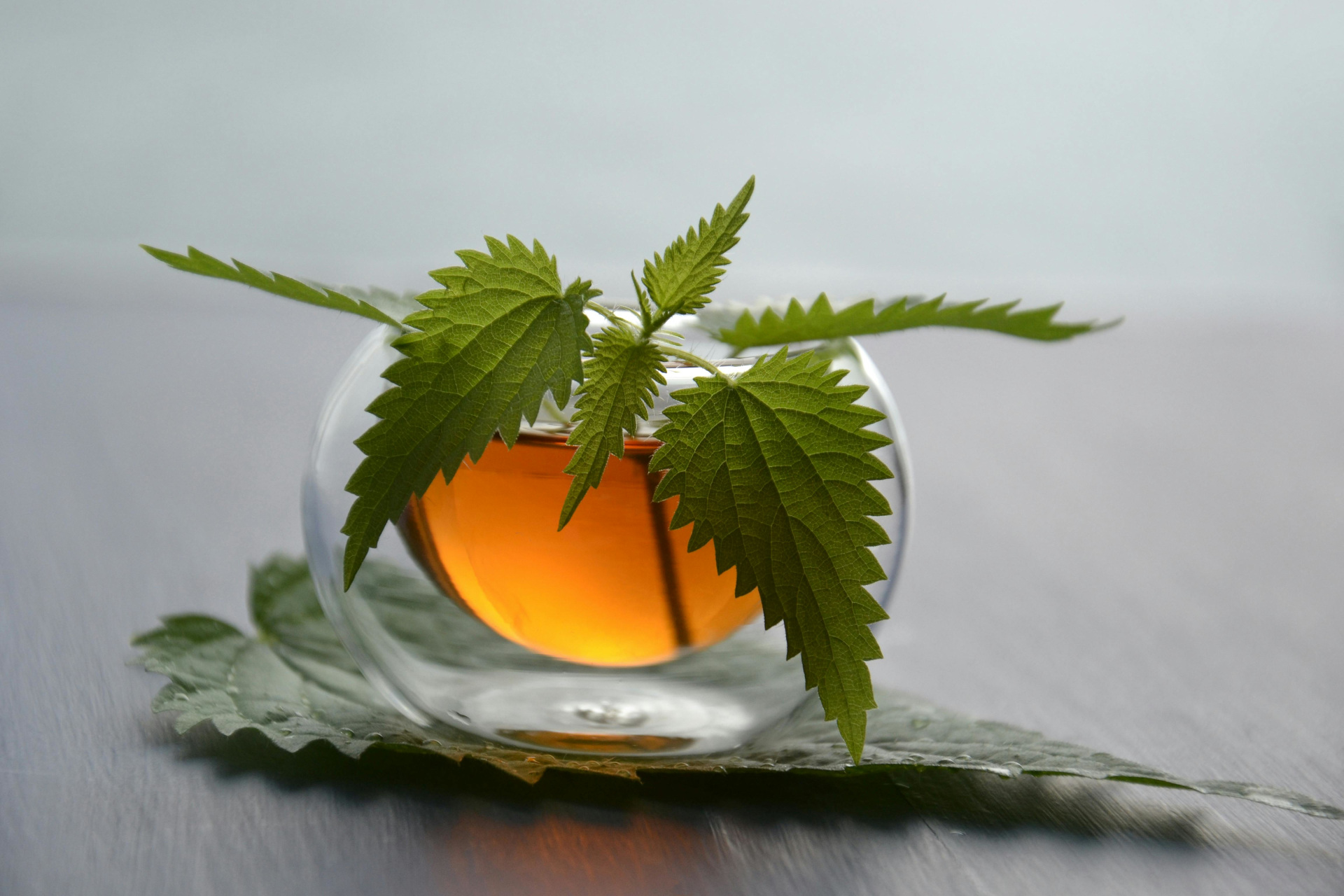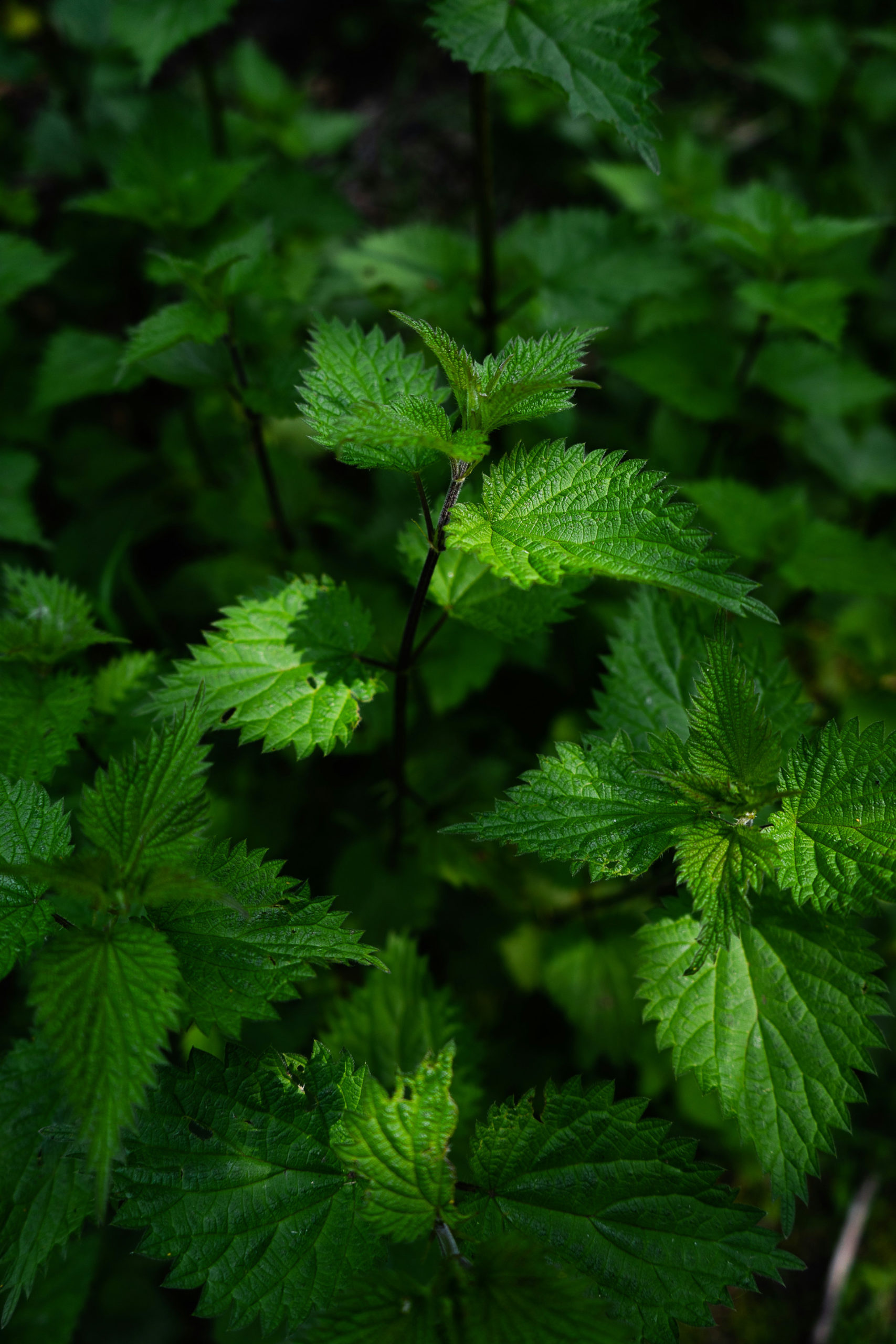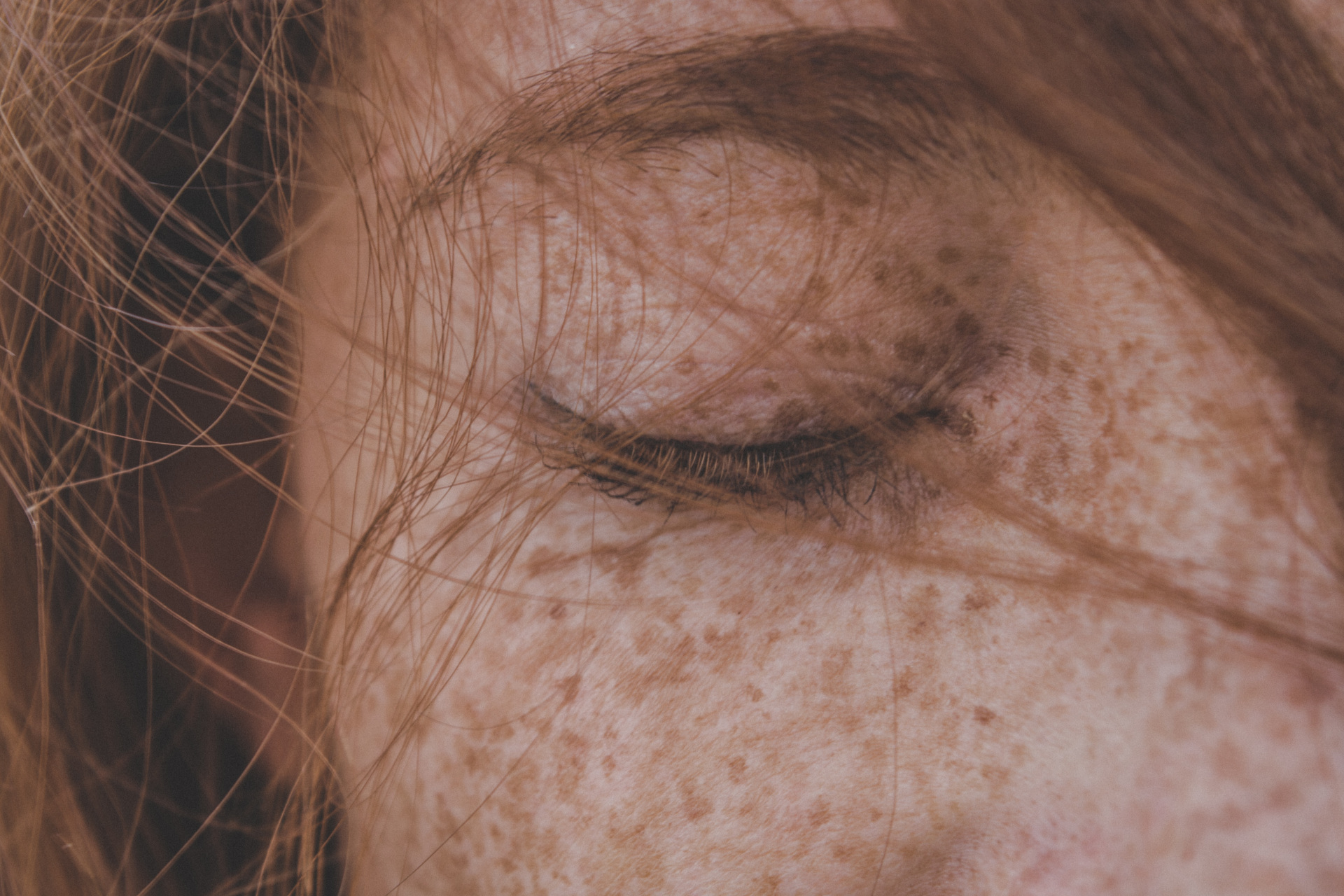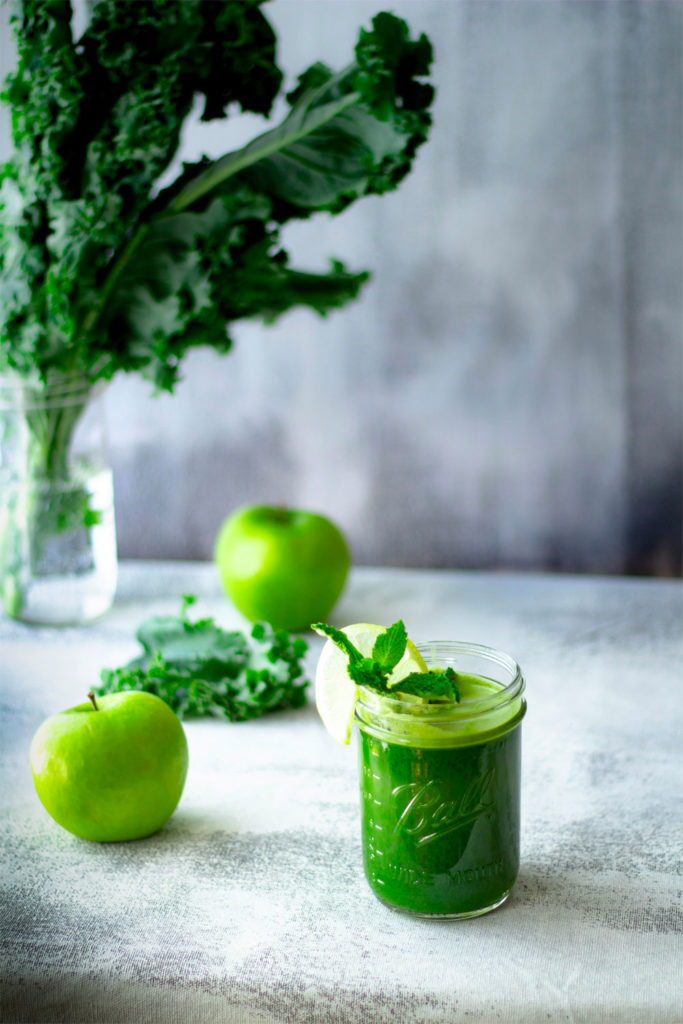Need To Improve Your Blood Sugar? Nettle Tea Could Help
By
10 months ago
There are plenty of health benefits to this green-leafed tea

If you’re a fan of herbal drinks, chances are you will have come across nettle tea at one point or another – but did you know that the leafy hot drink is packed with health benefits? Here’s everything you need to know about brewing nettle tea at home.
What Is Nettle Tea?
As its name suggests, nettle tea is a type of herbal tea made using the leaves of a stinging nettle plant. People have been drinking nettle tea for many years now, with the practice itself thought to have originated in herbal tea-drinking countries like China – although it has been noted that the plant was also used medicinally for many centuries by the likes of Asia, Ancient Greece and Rome, as well as by the Anglo-Saxons and Native Americans.
It’s said that nettle tea has a mild, spinach-like taste, which gets stronger the longer you leave it to steep in hot water.
Does It Sting?
No, thankfully not. While the stinging hairs on a fresh nettle plant contain chemicals that can sting skin, they become inactive when the leaves are dried or brewed in tea.
Where To Find Nettle Leaves
If you fancy trying your tea with fresh nettles, then you’re in luck. Nettles are very common in the UK and can often be found in woodland and countryside areas. When foraging, make sure you wear a pair of gloves to pick the leaves and give them a wash before using them in your tea. Note that older leaves tend to taste more bitter, and that it’s best to avoid picking leaves from nettles that have already flowered as these can contain calcium carbonate, which can impact kidney health.

(c) Matthew Feeney, Unsplash
How To Make Nettle Tea
You can make nettle tea with either fresh or dried leaves (you can even find these in teabags at the supermarket), which are then steeped in hot water.
Fresh Leaves
- Add two cups of water and one cup of nettle leaves to a saucepan.
- Bring to the boil, then remove from the heat.
- Allow the leaves to sit for five minutes.
- Serve by pouring the tea into your mug, using a metal strainer to catch the leaves.
Dried Leaves
- Put two teaspoons of dried nettle leaves to a tea strainer, then put into a mug or teapot.
- Add boiling water and leave for 10 to 15 minutes, then serve.
The Health Benefits Of Nettle Tea
1. Regulates Blood Sugar Levels
Various studies have shown that nettles may increase insulin production and improve glucose intake, meaning they can help with diabetes management by regulating blood sugar levels.
2. Reduces Inflammation
Nettles are also have anti-inflammatory properties, with compounds found within the plant known to help reduce inflammatory hormones and protect against chronic inflammatory conditions like eczema, psoriasis, arthritis and heart disease.
3. Supports Bone Health
Being rich in minerals like calcium, magnesium, boron, phosphorus, zinc and vitamin K, nettles are also great for maintaining strong bones and joints. Boron especially is crucial, as it helps maintain healthy calcium levels in the body and can also help prevent osteoporosis.
4. Rich In Antioxidants
High levels of the antioxidant phylloxanthobilin, which can neutralise harmful free radicals and reduce oxidative stress, can also be found in nettle tea. Antioxidants are crucial in our diet, as they help protect our cells from damage and help reduce the risk of certain diseases.

(c) Chermiti Mohamed, Unsplash
5. Lowers Blood Pressure
Consuming the plant may help to reduce blood pressure, with some of the compounds found in nettles thought to stimulate nitric oxide production, acting as a vasodilator to improve blood flow.
6. Skin Health
As we mentioned, nettles have plenty of medicinal hobbies that can also apply to skin. Nettle leaves are a natural antihistamine, and have anti-inflammatory and antibacterial properties that can aid skin conditions like eczema, acne and rashes.
7. Allergy Relief
Speaking of antihistamines, it’s also thought that nettles can help alleviate hay fever symptoms.
8. Supports Prostate Health
Nettles also act as a diuretic and antimicrobial alternative, helping flush bacteria from the urinary tract and reduce the symptoms of benign prostatic hyperplasia.
9. Reduces Arthritic Pain
As found in a study by Plymouth University, nettles may also reduce pain and disability in those with osteoarthritis.
10. Maintains Healthy Cholesterol Levels
A phytochemical called quercetin, which helps to decrease total cholesterol reduce lipid levels in the blood, can also be found in nettles.
11. Protects Against Certain Cancers
Some research indicates nettle may have protective effects against certain cancers due to its antioxidant and anti-inflammatory compounds.
Can Anyone Drink Nettle Tea?
While it has plenty of health benefits, it’s recommends that those with kidney disease or any blood clotting disorders, or who take medication for high blood pressure or diabetes, contact their GP before drinking nettle tea on a regular basis.
Featured image: Mareefe, Pexels










